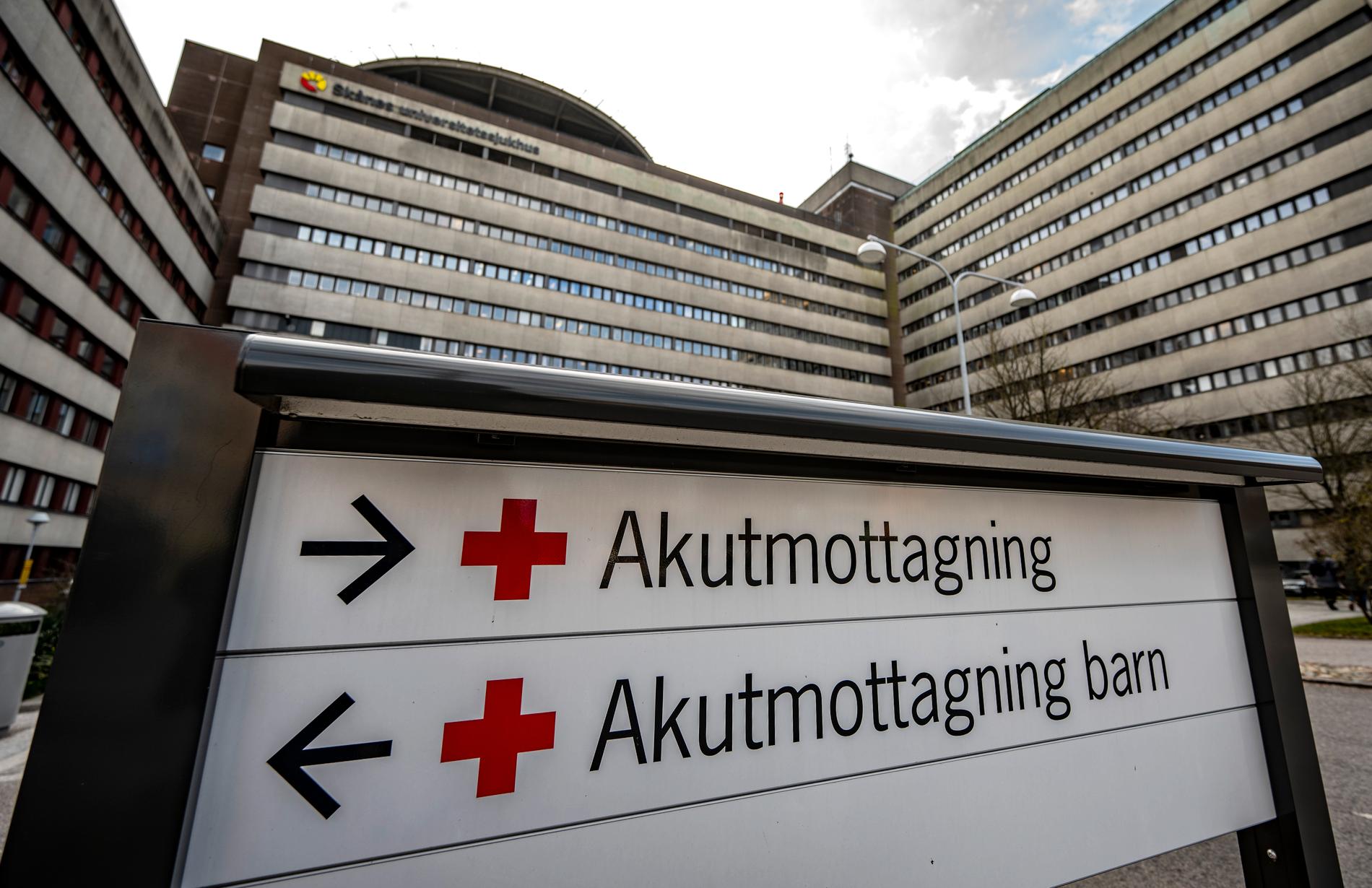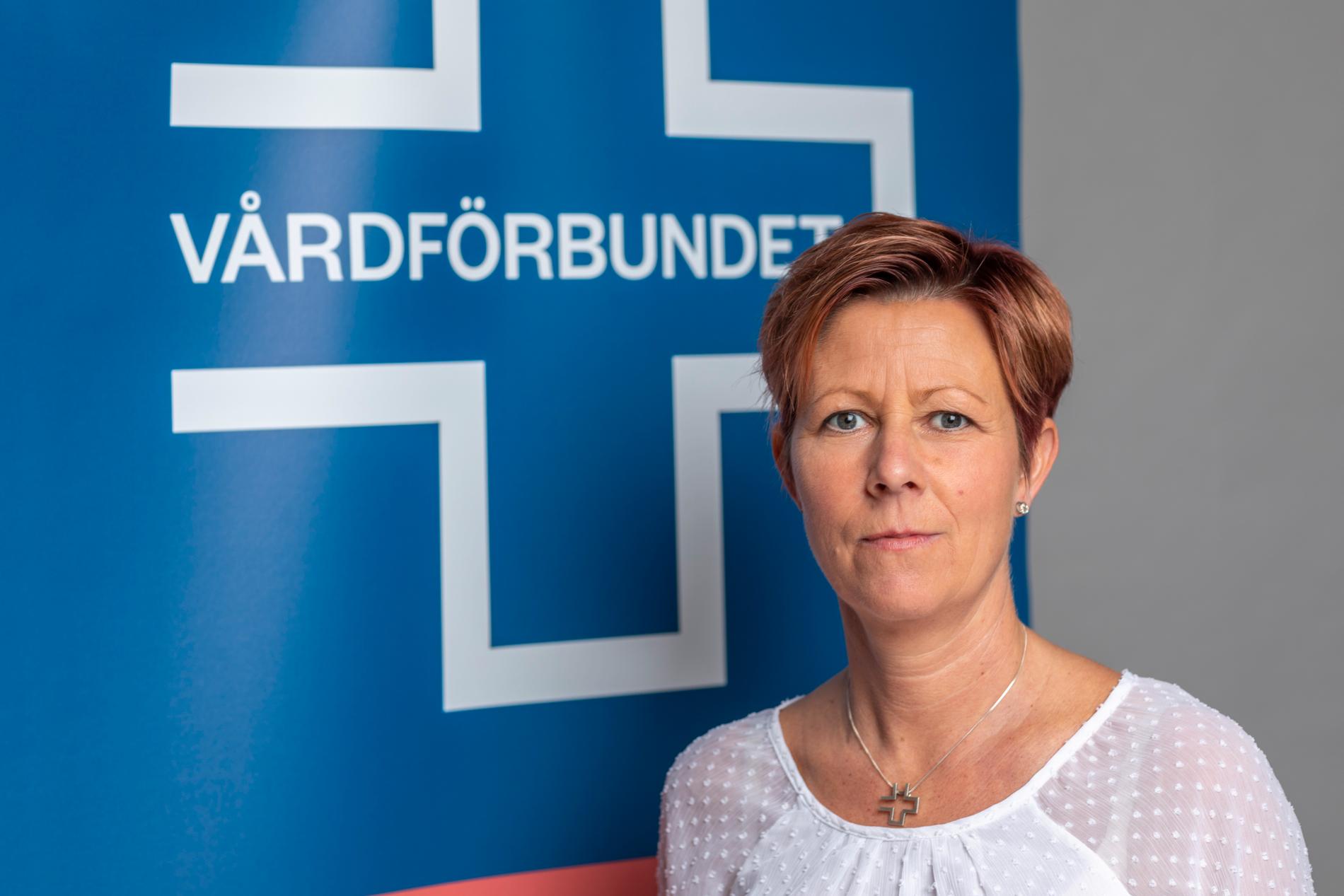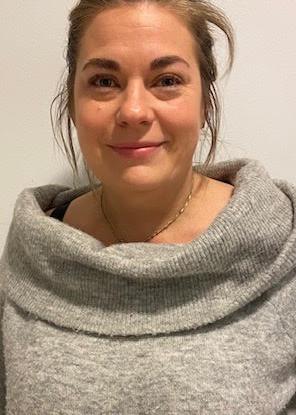Health care
Alerts about healthcare crisis: "The ship is sinking and the captain has got into the lifeboat"
Care criticism against Region Skåne's rent freeze
Anna Sjogren
Published 20.07
Skåne has introduced a total stop for temporary nurses in the hope of hiring more for permanent positions.
In some departments, half of the nurses have disappeared - now the Health Care Association is sounding the alarm about a crisis situation.
- It feels like the ship is sinking and that the captain sat in the lifeboat, says Kristina Kilick, nurse and protection officer at the psychiatric emergency room in Lund.
QUICK VERSION
- Region Skåne has introduced a total stop for rental nurses in order to save money and increase the number of permanent employees in their businesses. The stop means that between 200 and 250 full-year positions have disappeared.
- According to the Vårdförbundet, the stoppage has led to a shortage of nurses in some departments and caused longer waiting times in emergency departments, nursing wards and for operations.
- The union believes that the hiring freeze was implemented without a plan for how the rental nurses are to be replaced. There is concern that the stoppage will lead to an exodus of nurses from the region.
The costs of rental personnel in the healthcare have long been skyrocketing in the regions. In the hope of saving money and instead investing in hiring more, several of them have now decided on various forms of rent freezes.
Already in October, Region Skåne put an end to hired nurses during the day and since a month ago they have introduced a stop on evenings, nights and weekends - that is, a total stop, something that Sydsvenskan previously reported on.
This has led to major problems at hospitals and receptions around the region, according to the Health Care Association. She does not yet have statistics to refer to, but says the signals are clear.
- We see that care has become significantly worse. There will be longer waiting times in emergency departments, in psychiatry and above all for operations, says Malin Tillgren, department chairman at the Health Association in Skåne.

Photo: Johan Nilsson/TT
Lost half the nurses
She says the stop hits differently. Some have not had rental nurses to a large extent and have not been significantly affected. But the gynecology department in Lund has lost nearly half of its nurses, writes Sydsvenskan.
One orthopedic department had six nurses during the day instead of 24. Others have gone from two nurses at night to having one person solely responsible for 18 patients.
Kristina Killick is a nurse and protection officer at the psychiatric emergency department in Lund. Here, among other things, people with suspected psychosis and suicide risk are taken care of, and patients with eating disorders, substance abuse or depression are cared for.
She says that the stoppage affects both the nurses, who barely have time to go to the toilet or eat. At the same time, waiting times increase and the time to assess a patient decreases when there is high pressure in the emergency department.
- The concern is that threats and violence will increase against the staff, we have already seen that. For patients, the concern is that things will go badly if we don't have time to make a fair assessment.
Kristina Killick, nurse and elected representative for the Health Care Association.
PHOTO: PRIVATE
Rental costs increased by almost one billion
During the first half of 2023, rental costs for the regions increased by almost one billion compared to the same period in 2022, according to SKR.
SKR urges all regions to cut down on rental staff. Stockholm has paused the hiring of healthcare staff since February. Kalmar, Kronoberg and Blekinge have reduced since last autumn.
Skåne spends approximately SEK 600 million per year on hired care staff.
- We want to reduce those costs, of course. But we get better care if we have our own employees than hired staff. Then we have responsibility for competence development and there will be more stability and continuity in the care, which creates a better working environment for the employees and safer care for the patients, says Johanna Holmberg, HR director at the region.
Between 200 and 250 rental nurses have disappeared in Skåne since the stop. The region expects to be able to hire more instead. In the past six months, 600 have resigned while 800 have been hired.
- The net increase is approximately 200 new employees. I can't say exactly where they come from, but all are externally recruited and many testify to having left the staffing industry.
Overall, the rent freeze has worked well, even if in some places it has been forced to close care places, according to Holmberg.
Many nurses testify to a deteriorating work environment, that they do not have time to provide the same care and concern now. How come you have different pictures of this?
- I think we can all be right. We have businesses that haven't had a single rental nurse inside. Then we have those who had a high percentage before and it is clear that it will be strained there. I am aware that it looks strained in many ways.

Malin Tillgren.


Inga kommentarer:
Skicka en kommentar